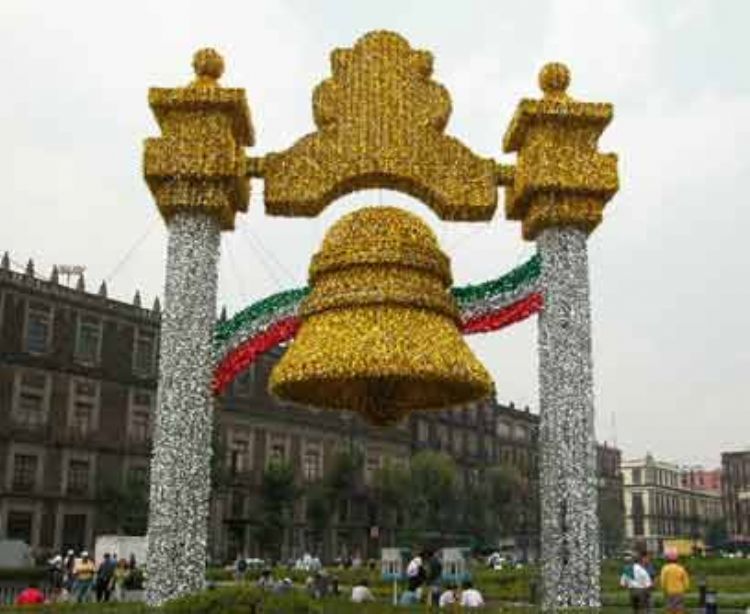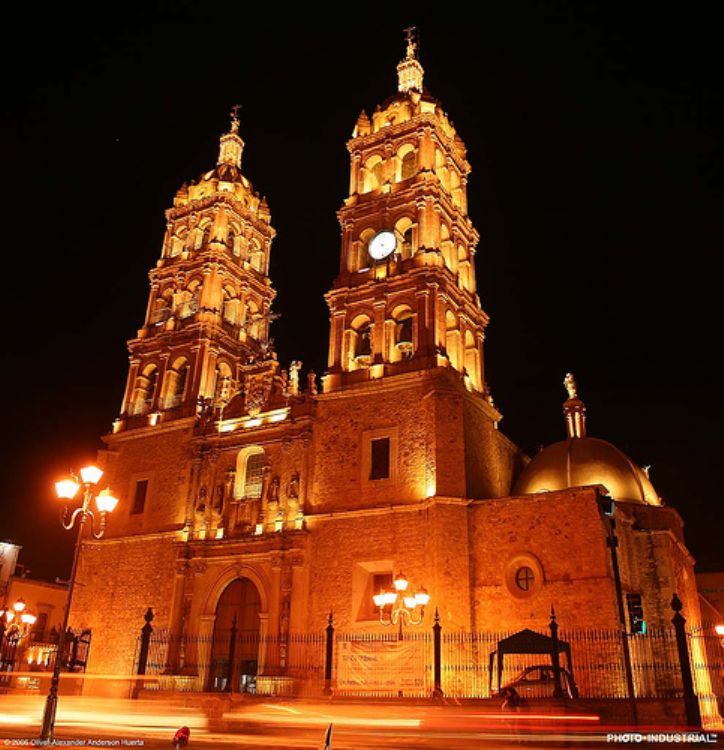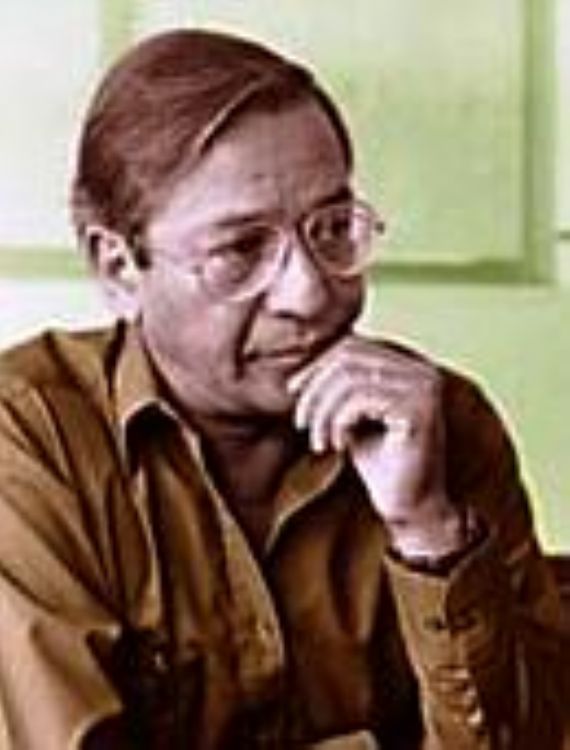
January 1st celebrates New Yearâs Day and is a day of o...

As is usually the case with Mexican culture in general, cuisine from Durango is a result of the mixture of races. The oldest and most famous dish in its gastronomy is the Caldillo Durangueño, a soup prepared with beef, tomatoes, onions and green peppers, and seasoned with salt and cumin. Its success and popularity resulted fromthe abundance, availability and low cost of cattle coming from the vast grazing lands that extend throughout the area.
Some Spanish dishes still survive in the local cuisine, such as the Paella from Valencia, the tripe from Madrid, and the bean stew from Asturias. Craftsmanship, expressed both artistically and from an utilitarian point of view, is found in the shape of basketry, handbags and matting made of woven fibers coming from istle, sotol, wicker, willow and aspen. Also, hand-made leather goods and high quality pottery can be found in the municipalities of Durango, Poanas and Villa Union. Some native groups from the area, like the Tapehuanos, the Huicholes and the Tarahumaras, manufacture interesting goods for themselves and also as their only way of making a living, like bows and arrows, wool bedclothes, handbags and colorful accessories.
A native group that stands out is that of the Mexicaneros, of unknown descent and which settled in the southeastern canyons of the western Sierra Madre in Durango. Far from roads traveled by modern humans, this community still shows a high degree of influence in their view of the world coming from their Mesoamerican ancestors. Their survival is based mainly on the cultivation of corn and pumpkin, and their cultural demonstrations revolve around the agricultural calendar and consist of ancient dances called mitotes offered in appreciation of harvest, rain and the fruits of the land. These celebrations last for 5 days on each of the 5 agricultural seasons every year. Rituals are led by a senior member who has been trained for 5 years to direct the dances. Members of all ages in the community take part through offerings and dancing, and every stage of the day has a role in the ritual, from sunrise to zenith to sunset. In addition, they also celebrate, with equal passion, the coming of Easter, the festivities of La Candelaria and San Pedro, and the Mestizo carnival.
The landscape and scenery typical of Durango can be found in western North American movies. The first motion picture filmed in the state was called "White Feather", produced by 20th Century Fox in 1954. Years later, the desire to shoot in those hot and dry settings was unleashed and the streets of Durango were invaded by great Hollywood celebrities such as Charlton Heston, Nick Nolte, Audrey Hepburn, Anthony Quinn, Charles Bronson, Rock Hudson, John Wayne, Burt Lancaster, Bob Dylan and Richard Gere, amongst many others.

José Agustín; He was born in the State of G...

.jpg)
Its full name is Dolores Hidalgo, Birthplace of National ...